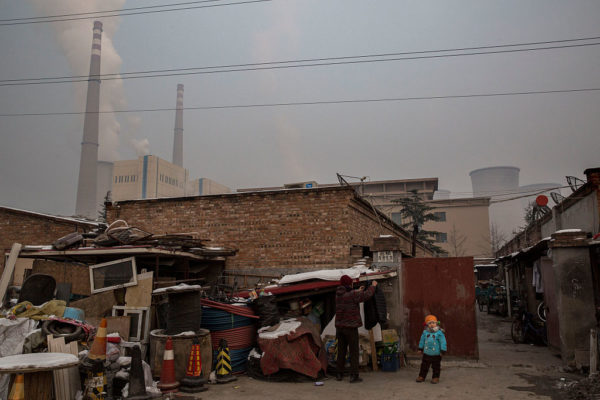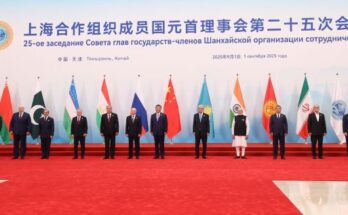
Team News Riveting
Downplaying the severe impact of banning the coal imports from Australia, Chinese media cited the rising raw material prices and unstable clean energy supplies at home as the main reasons for recent nationwide power-use restrictions.
Coal remains the chief power source in most mainland provinces, but domestic coal mining companies have been ordered to cut production under an official policy in 2016 aimed at restructuring the industry, the Shanghai-based Yicai Global reported on Friday.
The measure has hiked up coal prices and production costs in the mainland for coal-burning electric companies, which in turn curtailed the output to cut losses, the report said.
It has also led to a 43.8 per cent year-over-year drop in the amount of China’s imported coal between January and November, Yicai added.
The instability of hydropower and other clean energy supplies were also to blame, the report said, adding that these energy sources were sensitive to adverse weather conditions.
Hunan, a central province that gets half of its electricity from clean energy sources, saw power shortfalls in winter when hydropower stations had difficulty operating amid a drought and wind mills were frozen to a halt. Hunan is one of the provinces under power-use restrictions.
Amid concerns that the ban on Australian coal could impact China’s electricity supply, mainland authorities sought to assure the country that its coal reserves were sufficient to cope with increased power demand for heat in the winter.
The official Xinhua News Agency said that the Bohai Rim area, which includes Beijing, Tianjin, Shandong and Liaoning, had a combined reserve of 12.29 million tons of coal, up 66,000 tons from last year.



